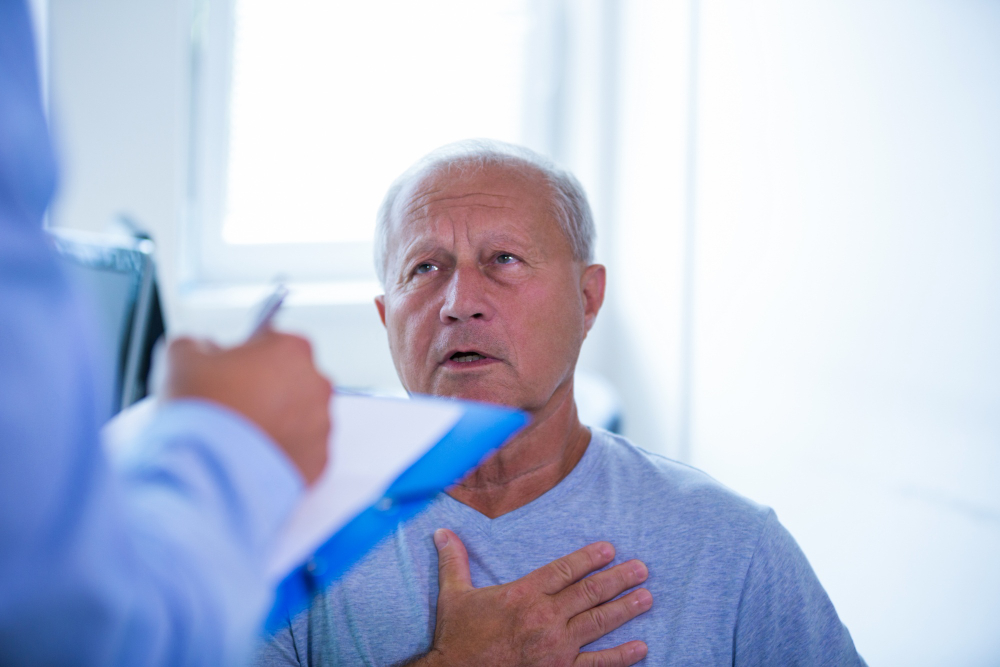What Is Esophageal Cancer?
Esophageal cancer is a disease that starts in the tube connecting your mouth to your stomach. This tube is called the esophagus. When cells in the esophagus grow out of control, they form a tumor. Over time, this tumor can block food from passing. Early signs of esophageal cancer are often mild, so many people do not notice them at first. However, knowing the basics can help you spot problems early. According to the World Health Organization (WHO), esophageal cancer is a serious health issue worldwide.
Common Symptoms and Warning Signs
It is important to watch for early signs of esophageal cancer. While symptoms may start slowly, they can get worse over time. If you notice any of the following, talk to your doctor:
Sometimes, these symptoms can be caused by other problems. Still, it is best to get checked if they last more than a few weeks.
Major Causes and Risk Factors
Many things can increase your risk for esophageal cancer. Some you can control, while others you cannot. Knowing these risk factors for esophageal cancer can help you make healthy choices.
For example, smoking and heavy drinking together raise your risk even more. But, making healthy changes can lower your chances.
How Esophageal Cancer Is Diagnosed
Doctors use several steps to find out if you have esophageal cancer. First, they ask about your symptoms and health history. Next, they may do a physical exam. If they suspect cancer, they will order tests such as:
Early diagnosis is key. When found early, esophageal cancer treatment options work better. The Centers for Disease Control and Prevention (CDC) recommends seeing a doctor if you have ongoing symptoms.
Treatment Options for Esophageal Cancer
Treatment depends on the stage of cancer and your overall health. Your doctor will explain the best plan for you. Common esophageal cancer treatment options include:
Sometimes, doctors use more than one treatment. For example, you may have chemotherapy before surgery. Support from family and friends can also help during treatment.
Lifestyle Guidance for Patients and Families
Living with esophageal cancer can be hard, but there are ways to cope. Here are some tips for patients and families:
Above all, remember you are not alone. Many people find comfort in talking with others who understand.
Prevention Tips and Early Detection
While you cannot prevent all cases, you can lower your risk for esophageal cancer. Try these steps:
Early detection saves lives. If you notice warning signs, do not wait. The sooner you get checked, the better your chances for a good outcome.
Conclusion
Esophageal cancer can be serious, but early action makes a difference. If you have symptoms or risk factors, do not ignore them. Consult Dr. Dhaval Mangukiya, an experienced Gastroentrolgist, for personalised advice, early screening, and expert care for esophageal cancer.

